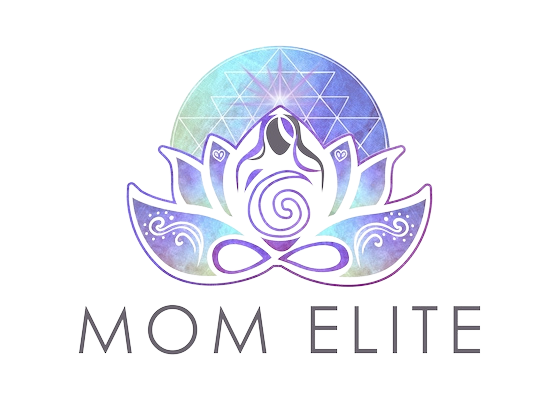Buying a house is one of the biggest investments you’ll ever make. And while it’d be nice to imagine it’s as simple as touring a few houses, signing something, and moving in, buying a house is much more complicated.
From getting your financial house in order to save for a down payment, then searching for the perfect house, buying a house is a process. You also need to consider how you will get your home financed, which can be overwhelming in its own right.
Have you heard the debate between mortgage broker vs lender? Maybe you’re not even sure ho
w they’re different or why you should opt for one over the other when buying a house.
Read on to learn more about the differences between a mortgage broker and a direct lender so you’re ready when you buy your dream house.
Mortgage Broker vs Lender
Let’s start with the basic role of both the mortgage broker and a direct lender. Instead of being the actual lender, the mortgage broker works as a middleman and connects the lenders with the buyers. The broker doesn’t do the actual lending, they just help you find a lender who will give you the best deal on your mortgage.
A direct lender, on the other hand, does write mortgages. A direct lender is an institution like a bank. You do to them directly and they underwrite the loan you seek.
There are things to consider with using either option for your mortgage. Now that you understand the difference in their role, let’s get more specific.
Mortgage Broker
One thing you want to do as a person buying a home is to shop around for a mortgage as they are not all created equal. When you work with a mortgage broker they do the shopping around for you.
Since they don’t actually lend you the money themselves, they go to their sources who do offer to lend. A mortgage broker will work with a variety of lenders. This allows them the flexibility to find the best mortgage for each homeowner based on their circumstance.
When they act as the middleman, they do the leg work of finding the best mortgage for you and they connect you and the lender together to get the mortgage written.
How Mortgage Brokers Work
Mortgage brokers work with a variety of lenders. This means that when you work with a mortgage broker you, in turn, have access to many lenders, mortgage products, and price points too.
Since the mortgage broker does the shopping for you, they are able to explain each one including the interest rate, closing costs, and other details of the loan.
Once you have the information from the mortgage broker, you still have to apply to the different lenders on your own. What’s nice though is that the industry uses a standard loan estimate form. This form will provide details of their mortgage loan options. This allows you to compare your options side by side with different lenders.
Pros and Cons to Working With a Mortgage Broker
There are several advantages to working with a mortgage broker. Because they work with many lenders and do the shopping around for you, you don’t have to do that leg work. They are able to share with you multiple loan options.
If you have unique circumstances, they might be able to find you a specialized mortgage.
The mortgage broker’s compensation will be spelled out right in the closing costs document. However, mortgage brokers set their own rates which might allow you to negotiate what you pay them.
Because they don’t handle any of the actual underwritings of the loan, they won’t be able to control how quickly, or slowly, the lender moves your financing along. Sometimes working with a mortgage broker can take a little longer to close. You want to discuss this with them if you’re on a tight deadline to close on your house.
Direct Lenders
When you get your mortgage from a direct lender, you go straight to the person who will be writing and financing your mortgage. These are financial institutions like banks and credit unions.
There are also direct lenders who are private companies and their specific business is mortgages. You might also find some online lenders who are direct lenders too.
How Direct Lenders Work
Sometimes people will opt to work with a direct lender because they already have a relationship with the financial institution. Direct lenders are using their money to finance a loan, so everything you do with the mortgage will go directly through them. You apply with them and their loan officers, processors, and underwriters to put together your loan.
Pros and Cons to Working With a Direct Lender
If you visit a brick-and-mortar bank, their loan officers are responsible for selling the loan. They often get a commission on the mortgage. Because they work for the lender directly, you can’t negotiate what you pay them like you sometimes can with a mortgage broker. This means they aren’t disclosing in the closing document what they’re paid for your mortgage.
It also makes it a little harder to shop around for the best mortgage when working with a direct lender. You will need to go to multiple ones yourself to see what they offer.
The advantage to working with a direct lender is their direct involvement with your loan. They work with you from start to finish on the application process. This can mean they have a little more control over the application process.
Mortgage Broker vs Lender, Understanding the Difference
Buying a house is such an exciting time in life. But it’s also a huge responsibility and commitment and one you want to make with the most information possible. Understanding the different roles of the mortgage broker vs lender will help you to decide which option will be the best fit for you.
If you found this article helpful, there’s sure to be more you can learn from our site. Visit the page often for more articles like this one.



